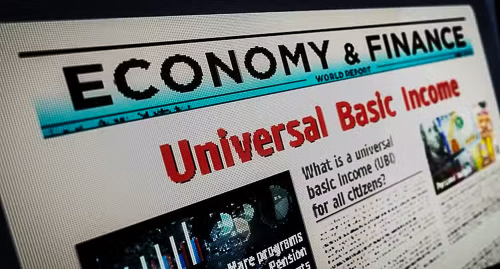
PRIORITIES FOR THE SECOND WORLD SUMMIT FOR SOCIAL DEVELOPMENT 2025
As more countries are facing a secular stagnation and as it is becoming clear that it is unrealistic to hope to increase total economic output (measured as the gross domestic product GDP)) without further worsening the environmental crisis, a new question emerges: how can we make progress towards eradicating poverty without growth? While the Pact for the Future adopted on 23 September 2024 reaffirms the need to “urgently develop measures of progress on sustainable development that complement or go beyond GDP”, indicators alone, while useful, remain insufficient: what matters is the reorientation of the economy — of our ways of producing and consuming.
The Special Rapporteur proposed a range of answers, which include strengthening the social and solidary economy, identifying new sources of financing for State services that do not depend on growth, better valuing care work and better aligning wages with the social utility of work. The overall objective should be to expand the toolbox of governments in the fight against poverty. This will allow to move beyond a grow-tax-transfer approach to poverty reduction (the dominant post-market model to combating poverty), to focus more on pre-market measures (including investing in early childhood education and care) and on market reforms (to make markets more inclusive).
To read the full document, click here.



